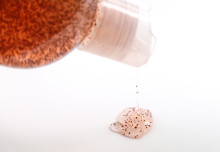

Scrub up
Silica the best environmental alternative to plastic microbeads, finds study
Following bans on plastic microbeads in wash-off cosmetics, a new study weighs up the environmental costs of alternatives.



Silica the best environmental alternative to plastic microbeads, finds study
Following bans on plastic microbeads in wash-off cosmetics, a new study weighs up the environmental costs of alternatives.


Flying through a comet’s tail and fighting fluorine: News from the College
Here’s a batch of fresh news and announcements from across Imperial.
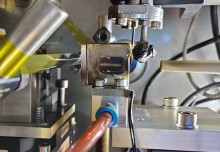

Artificial intelligence improves control of powerful plasma accelerators
Researchers have used AI to control beams for the next generation of smaller, cheaper accelerators for research, medical and industrial applications.
 1
1
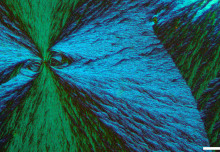

Twisting light and COVID treatment: News from the College
Here’s a batch of fresh news and announcements from across Imperial.
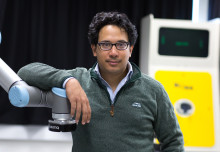

Imperial engineer to develop AI clinician to help frontline health workers
Professor Aldo Faisal has won a Turing AI Fellowship to develop AI that will help doctors make complex decisions.


Blue Plaque unveiled for Nobel Prize-winner Abdus Salam
English Heritage have unveiled a Blue Plaque to mark the home of Professor Abdus Salam, who founded the Theoretical Physics Department at Imperial.
 32
32


New book argues official statistics need to live up to their promise
Imperial academics lay out how national statistics offices can better engage with the public, businesses, and civil society in a new book.
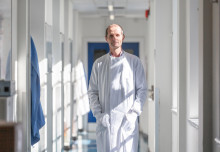

Audio
Podcast: Statin side effects, vaccine latest and pandemic politics
In this edition: The nocebo effect of statins, the latest on Imperial’s COVID-19 vaccine and a former PM talks pandemic.
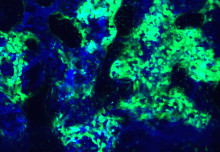

Severe infections wreak havoc on mouse blood cell production
Severe infections like malaria cause short and long-term damage to precursor blood cells in mice, but some damage could be reversed, find researchers.


Imperial startup wins £4.5m investment to develop new cancer drugs
An Imperial startup has won £4.5m investment to develop drugs that could offer a safer and more effective way to treat certain drug-resistant cancers.
 3
3